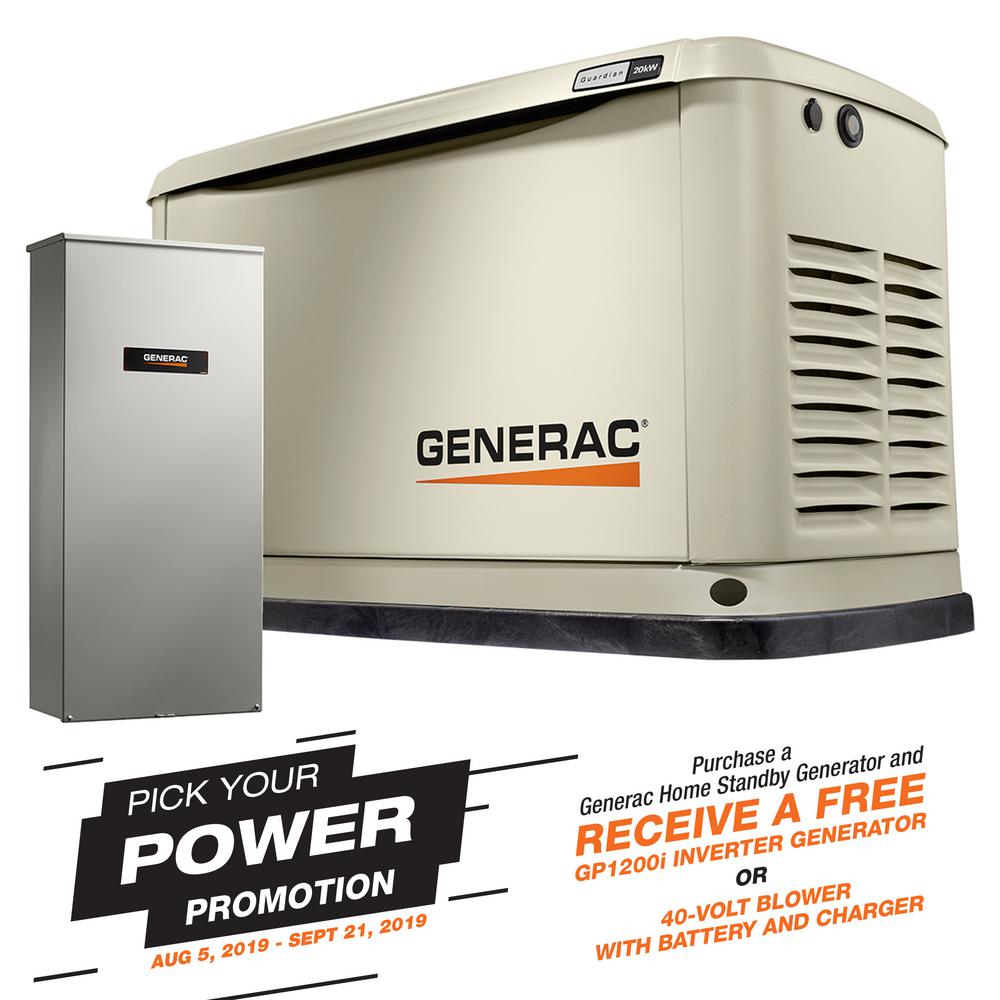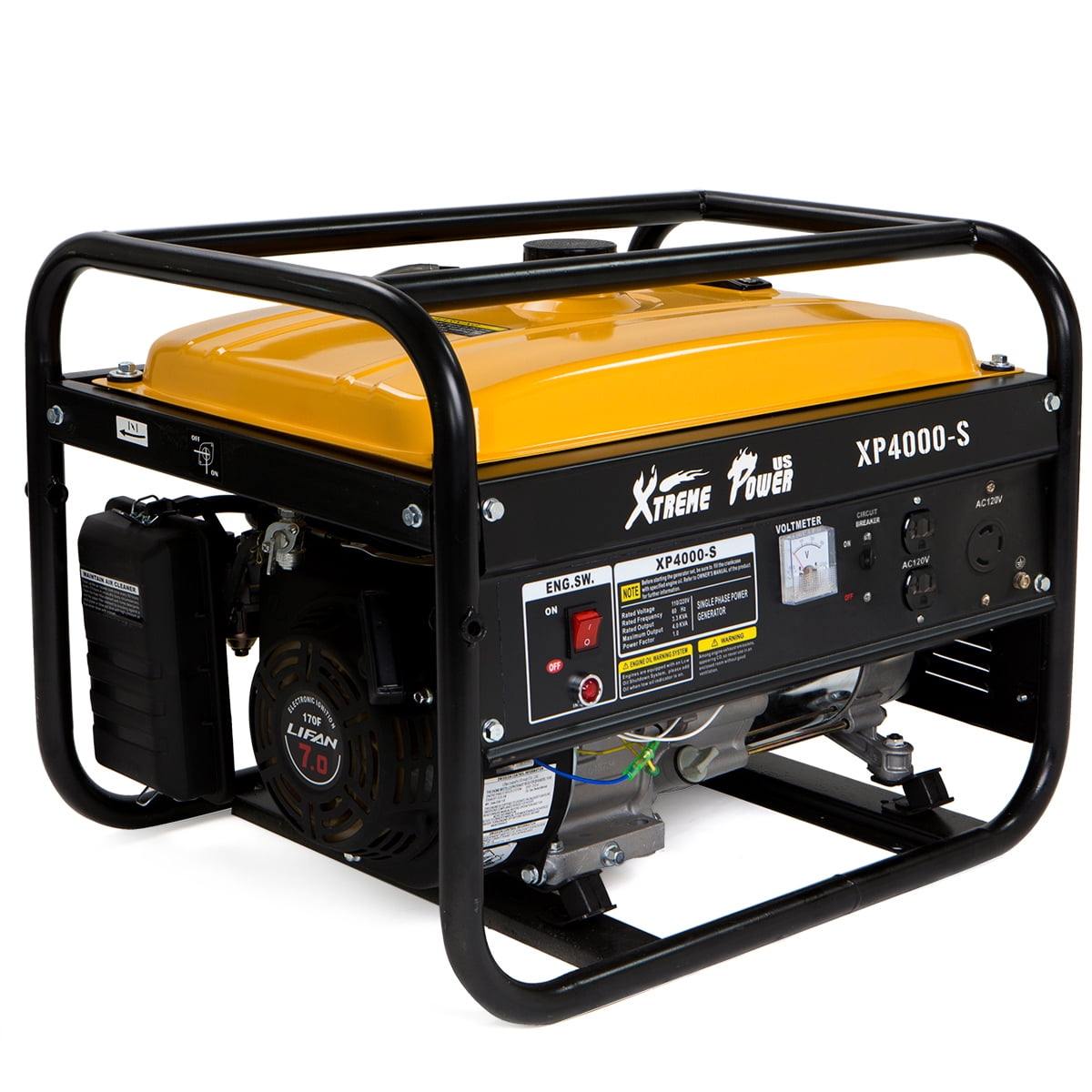

- GENERATOR FOR HOUSE HOW TO
- GENERATOR FOR HOUSE GENERATOR
- GENERATOR FOR HOUSE FULL
- GENERATOR FOR HOUSE WINDOWS
GENERATOR FOR HOUSE GENERATOR
If your generator can no longer turn on properly, or if the battery has been over-discharged, dispose of the unit safely and immediately. Recycle and dispose of the device according to local regulations. The battery life of the unit may be reduced if it is left unused for an extended period of time.
GENERATOR FOR HOUSE FULL
This means you should use your generator to its full capacity once every 3 months.
Fully charge and discharge the battery at least once every 3 months to keep the battery healthy. Be sure to supervise children or people with disabilities around the generator. Never place heavy objects on top of the generator. To avoid dangerous situations, always handle your generator with care. Doing that may cause a leak or an explosion. Never disassemble, puncture, shock, crash, or incinerate the generator. Metal objects might short circuit the generator. Don’t insert pins, wires, or small metal pieces inside the unit. To prevent any accidents, don’t leave it unattended during charging! The ideal charging temperature range is between 22☌ to 28☌. After a heavy load, the generator’s temperature may be too high, which may prevent the unit from charging properly. Wait for the unit to cool to room temperature before charging. Anything above that may cause a fire or explosion, while anything below may severely impede the generator’s performance. The ideal operating temperature is between -20☌ and 60☌. Do not expose the generator to high heat or extreme cold. Moisture inside the unit can also cause short circuits, component failure, fire, or even an explosion. As mentioned before, water and generators do not mix! You might risk electrocution. Always keep the generator and its accessories dry. When using battery-powered generators, be sure to keep these things in mind: However, we can avoid all (or at least most) of these problems by picking the right generator for our apartment or RV.īattery-powered generators are safer than gas-powered ones because they don’t produce exhaust, but there are a few safety guidelines to keep in mind when using them too. Water and generators do not mix and can become a fatal combination. Someone might trip on the lines or it might cause electrocution. Mind the power cords and make sure they’re away from any foot traffic. Standing or playing around the generator can be dangerous because they might inhale the carbon monoxide from the generator’s exhaust. Keep children and pets away from the generator. And because it’s colorless and odorless, it might be too late before you realize it. GENERATOR FOR HOUSE WINDOWS
Carbon monoxide can seep through open windows or vents and into your home. Make sure the generator is at least 10 feet away from your home while it’s running.Carbon monoxide can quickly accumulate in these areas, making it fatal for anyone who goes in to turn the generator on and off.
 Avoid using generators in enclosed or even partially enclosed spaces such as a basement or garage. Keep these safety tips for using backup generators in mind: Gas-powered generators are a great way to provide power when the grid goes down, but they have their own dangers that you should be aware of. Safety Tips To Consider When Using Gas-Powered Generators
Avoid using generators in enclosed or even partially enclosed spaces such as a basement or garage. Keep these safety tips for using backup generators in mind: Gas-powered generators are a great way to provide power when the grid goes down, but they have their own dangers that you should be aware of. Safety Tips To Consider When Using Gas-Powered Generators GENERATOR FOR HOUSE HOW TO
In this article, you’ll learn a few things about how to safely use generators indoors, which type of generator is best to use inside an apartment, and a handful of our top picks. Most can be recharged by plugging it into an outlet or with solar panels. They don’t need gas or emit fumes – making them perfect for indoor use. That’s why you should never run a gas-powered generator indoors or even in partially enclosed areas like your apartment balcony, to name a few.īut not to worry, there are generators for indoor use! Battery-powered generators are a practical alternative for people living in apartments and condos.

What makes it more dangerous is that you can’t see or smell the fumes. The most alarming thing to keep in mind is that they emit carbon monoxide, which can kill a person in minutes. They’re noisy and they rely on gas, which means you can only use them outdoors. Gas-powered generators are the first thing that comes to mind in this type of situation, but they’re not always the best option for some people. Most apartments don’t come with onsite backup generators so when the power goes out, you’ll have to wait until the electricity comes back. Not all apartments have access to reliable power sources in case of emergencies like blackouts or storms. When you buy through my links, I may earn a commission which helps me purchase more generators for testing. I am not affiliated with any manufacturers and do not accept paid reviews.







 0 kommentar(er)
0 kommentar(er)
